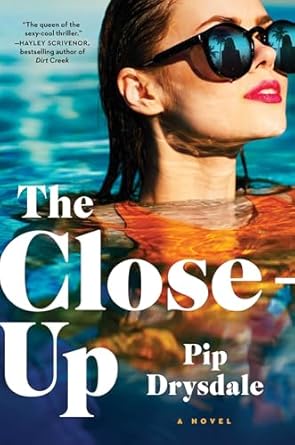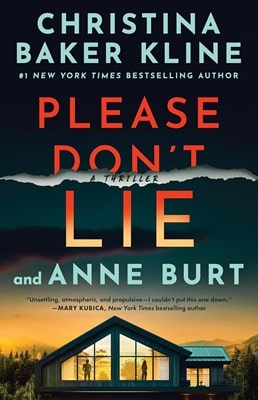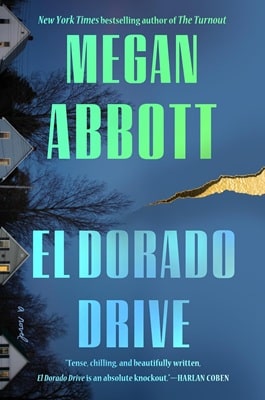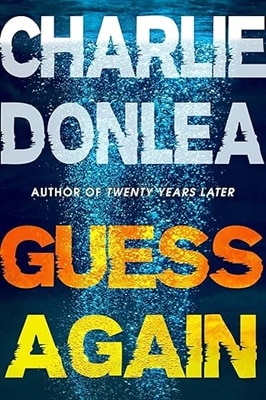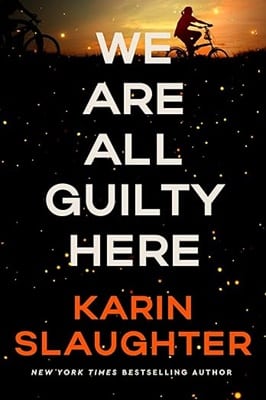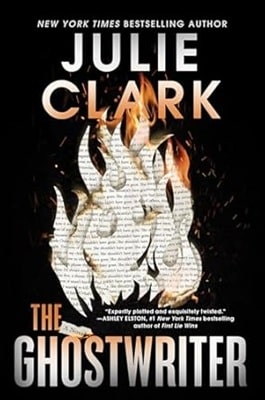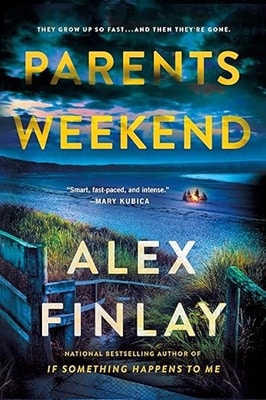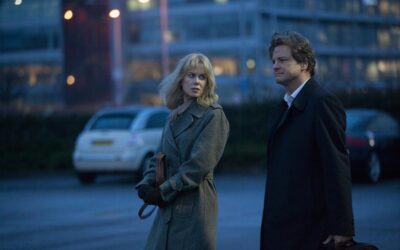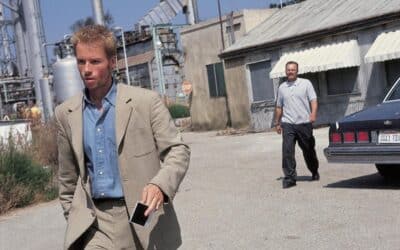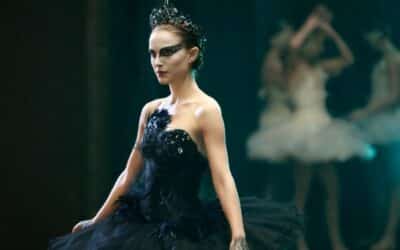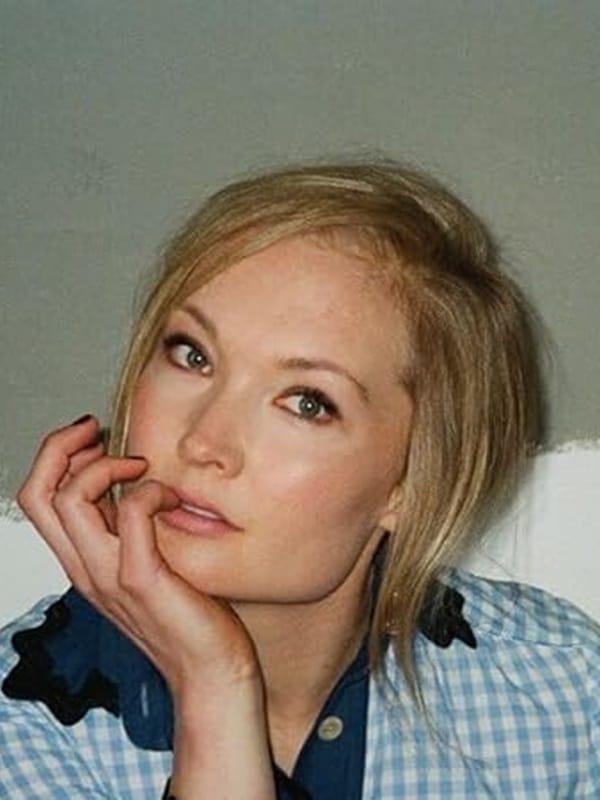
Q&A
Pip Drysdale
Pip Drysdale is a bestselling author, musician and actor. She grew up in Africa, Canada, and Australia, became an adult in New York and London, and lives on a steady diet of coffee, dreams, and literature. Her debut novel, The Sunday Girl, was a bestseller and has been published in the United States, Australia, Italy, Poland, the Czech Republic, and Slovakia. The Strangers We Know was a bestseller, shortlisted for The Ned Kelly Award, and is being developed for television, and The Paris Affair was also a bestseller.
Q. Can you tell our readers what The Close-Up is about?
Pip: When Zoe Ann Weiss moves to Los Angeles to pursue her dream of becoming a writer, her whole future is wide open. But then Zach, the bartender and aspiring actor she’s falling for, ghosts her. Her debut novel, a thriller, fails. And she has writer’s block worse than ever before. Now, three years later, Zach is famous and Zoe is…not.
She’s facing her thirtieth birthday, a dead-end job at a flower shop, and a demanding agent, terrified she’ll never get her life back on track. But when she goes to make a flower delivery and Zach is at the address, it’s like no time has passed at all. They start casually dating in secret, her writer’s block disappears, and Zoe begins to wonder: Zach inspired her first novel, so why can’t he inspire her second?
But then the inevitable happens and photos are leaked, landing Zoe in the press. Her first novel goes viral, and now everyone seems to know her name. Except the problem with everyone knowing your name is that everyone knows your name—including the mysterious stalker obsessed with Zach. A stalker who begins reenacting violent events from Zoe’s book, step by step, against her…
Q. Zoe is a character who is also a writer. Did anything surprise you in Zoe’s behaviors as a writer? Does Zoe write differently than how you write?
Pip: There are pieces of me in every character I write, but Zoe is definitely not a carbon copy of me. For example, Zoe avoids writing at all costs so she doesn’t have to face the tyranny of the blank page, whereas I wake up, drink coffee and write every single morning (it’s easiest half asleep, before my inner critic has a chance to wake up and ruin things). I do that even when the words won’t come. Even when they are terrible. It’s the only routine I stick to.
Q. Your novel could be described as a novel within a novel. What was that like to have to essentially come up with two story ideas?
Pip: It was… tricky! I kept trying to find ways to not have to come up with two. But ultimately, there was no way I could write this story without the novel within a novel format, so it was absolutely worth it in the end.
Q. In The Close-Up, Zoe has a terrible case of writer’s block. Have you ever experienced writer’s block, and what’s the best way to get rid of it?
Pip: Yes, I absolutely have. I tend to go all method-writer when I’m working on a book and really seep myself in the character—what they eat, what they watch on TV, what they read, what perfume they wear. And with Zoe, I somehow managed to give myself an unintentional case of writer’s block too (definitely not the most fun part of the research!). So, I really empathized with Zoe’s desperation to get the words flowing again, no matter what. And it was a lot of fun to research famous writers’ habits and techniques—I even tried a few of them out! But none of them worked to rid me of the block.
The only thing that shifted it was turning up on the page and drinking coffee and crying and telling anyone who’d listen that I couldn’t do this. But I think that might be the key: to try and try and try and try and then … let go. Because for me, that’s usually when the block miraculously dissolves.
Q. What kind of research did you do to get the details right in The Close-Up? From the stalker, to working in a flower shop, to the Hollywood scene – there must have been a lot of research to be done?
Pip: There was a lot of research needed for this book, some of it was based off experiences I had already had and places I already knew (I’d spent time in LA before for example), but some of it required a real deep dive into unknown territory. For example, I knew nothing about floristry going in but needed Zoe to have a job that would get her into the same rooms as Zach. And I love flowers; I loved the idea of taking something so beautiful and creating a darker story around it. So for that part, I read a lot of books and took a few classes and spoke to a number of florists in LA during a research trip I took there.
Q. Without giving any spoilers, which scene was the most difficult to write?
Pip: Honestly, the hardest ones are probably the ones that seem the least important. The linking scenes. Because they needed to feel valuable enough, in and of themselves—they needed to be moving the plot forward or telling us something about Zoe or another character—but they also needed to be somewhat low-key enough to balance the intensity of other scenes. Most of these seemingly unimportant scenes really came together in the rewrite once I truly knew Zoe and what was going on in the plot.
Q. The Close-Up has been called perfect for readers of Lucy Foley, Lisa Jewell, and Nicola Moriarty. Who are some of your favorite thriller writers?
Pip: Well, all of those listed above, but also Patricia Highsmith, Caroline Kepnes, Sally Hepworth, and pretty much all my author friends!
Q. There’s plenty of mystery and suspense in The Close-Up, all the way through to the shocking ending! Did you outline what was going to happen or did the ending come as a surprise to you too?
Pip: I tend to outline but then I rework things as I go—because I always come up with something far better during the process of writing a book than I could ever have planned up front. So I knew the first part of the ending from the very beginning pages. But the second part only occurred to me later in the process, around three months before deadline.
Q. Can you share any details on what’s coming next from Pip Drysdale?
Pip: I have another thriller due out next November and then something else coming the year after that.
Pip Drysdale's Latest
More Psychological Thrillers
advertisement
Psychological Thriller Features
Labyrinth of the mind
Intricate mind games and compelling narratives
Psychological Manipulation in Thrillers
Memory, Identity, and Madness
The Dark Side of the Mind
The darkest corners of the mind are not just settings but essential characters

